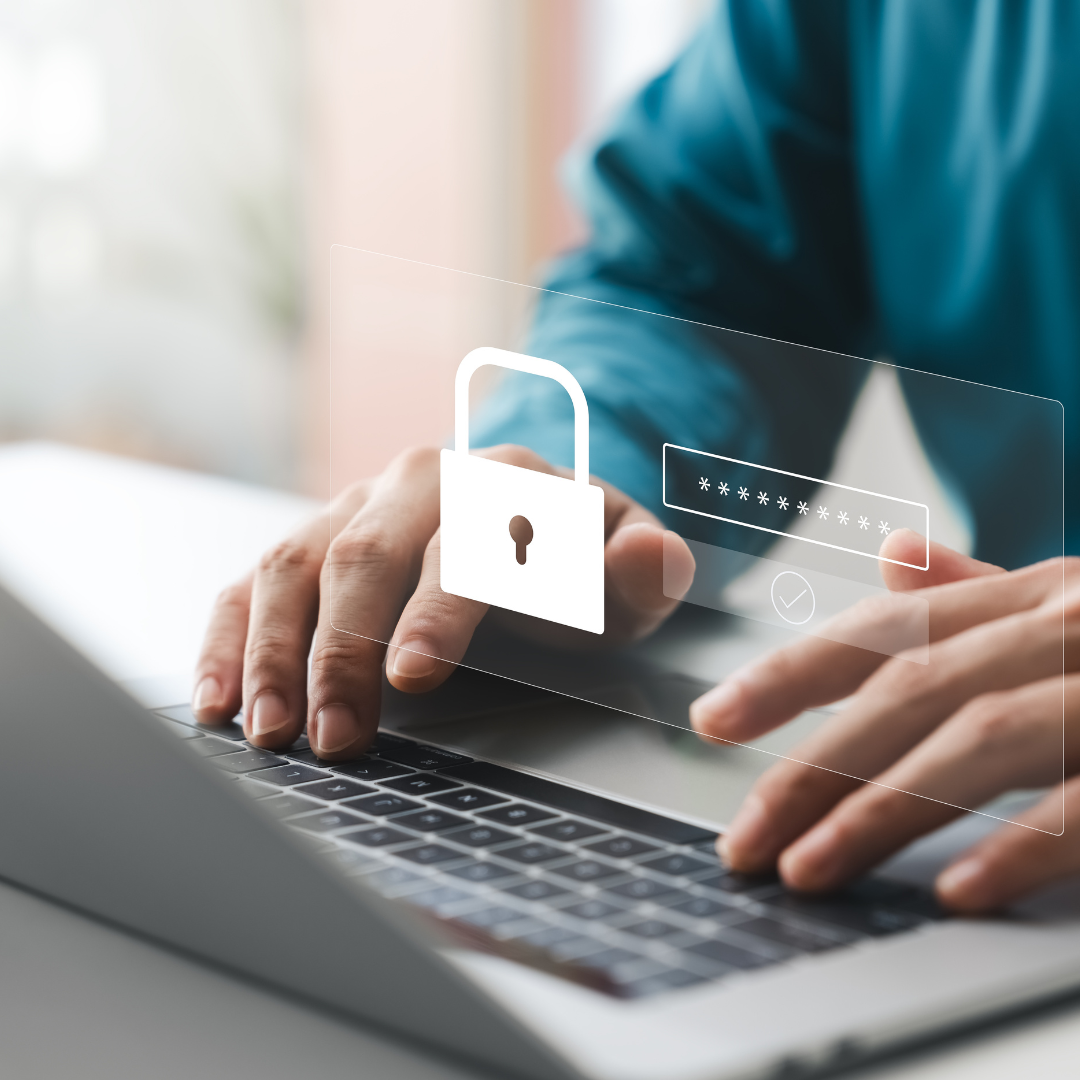2/7/2025 3:26:36 PM
Safer Internet Day | Healthcare Cyber Security

Safer Internet Day takes place on 11 February 2025.
Keep reading as we take a deep dive into the importance of staying safe online, with ways to protect both yourself and those close to you.
What is Safer Internet Day?
Created in 2004 for the EU’s SafeBorders Project, Safer Internet Day is a global reminder to be safe and kind online. Its goal is to help support an environment where everyone can be safe to explore, learn, create and interact without fear whilst using the internet.
Cyber Security Challenges in Healthcare
Healthcare organisations face a wide range of cyber security challenges, including ransomware attacks (where a type of malware prevents you from accessing data and offered back at a cost), data breaches that could potentially involve sensitive patient data and insider threats.
Whereas wider cyber security will be looked after at a higher level, it’s important for staff to do their part in protecting their accounts and internal information.
How Can You Help?
Everyone can play their part in reducing the risk of a cyber incident by keeping their accounts safe and online data secure, here’s a few tips that may help:
- 2FA – Two-factor authentication is a way to add an extra layer of security to your account, this may be in the form of a fingerprint or PIN code, making it harder for people to access your account.
- A Strong Password – It’s important that you don’t use the same password for every account you have. The strongest passwords come from using three random words and a mixture of letter cases and punctuation. For example, WallStickerCloud?1$ will be a lot harder to guess than your pet’s name!
- Be Vigilant – If it looks too good to be true, it probably is. Be careful not to give away important information like bank details to untrustworthy sources, this is known as phishing.
What is Phishing?
Phishing is a deliberate attempt to try and get you to reveal sensitive information about yourself. This can be in the form of an email, text or phone call that appears genuine, but is actually malicious.
The top three things to look out for are:
- Urgency – Tight deadlines create a sense of urgency that distracts you from the rest of the message.
- Authority – The sender may pretend to be a senior executive, colleague or reliable company to convince you the message has come from a trustworthy source.
- Imitation – Exploiting normal business communications, processes and daily habits to trick you into reacting to a message. It’s always important to check who the email has come from, as it’s likely not from a business.
Safer Internet Day Poster Ideas
If you’re a practice manager, it may be an idea to create a poster to help remind staff to stay safe online or host an article regarding internet safety via an internal intranet.
Your poster could include key facts and figures to help reinforce the importance of staying safe online and keeping your accounts and passwords safe, in turn helping reduce the risk of a problem occurring in future.
Reporting Incidents
It’s important for staff to feel comfortable sharing when they believe they have been involved in a cyber-attack as soon as possible, this helps resolve the problem sooner and reduce the potential harm caused.
If you’re a manager, it’s important not to punish your staff if they come forward with evidence of a problem. This could:
- Damage morale.
- Discourage staff from reporting a problem in future.
- Have a lasting effect on their mental health.
Don't hesitate to ask for further guidance or support when something feels suspicious, unexpected or unusual, even if you think you are the cause. Confidence in being comfortable in speaking to your peers will help shape a positive work culture.
Safer Internet Day Resources
Blue Stream Academy has training on safer internet use for healthcare professionals with our Cyber Security eLearning course. It takes around 30 minutes to complete, and covers four key topics:
- Defending Yourself Against Phishing
- Using Strong Passwords
- Securing Your Devices
- Reporting Incidents
The BBC have free resources and videos to help inform and educate, these are aimed at children and young people. Click here for the BBC’s free safer internet resources.
Can We Help?
Blue Stream Academy provide a complete eLearning and management platform, suitable for any health and social care organisation, no matter how big or small.
Click here to find out more about Blue Stream Academy’s eLearning and Management platform. For any questions, you can email us at info@bluestreamacademy.com or speak with a member of our customer care team on 01773 822549.